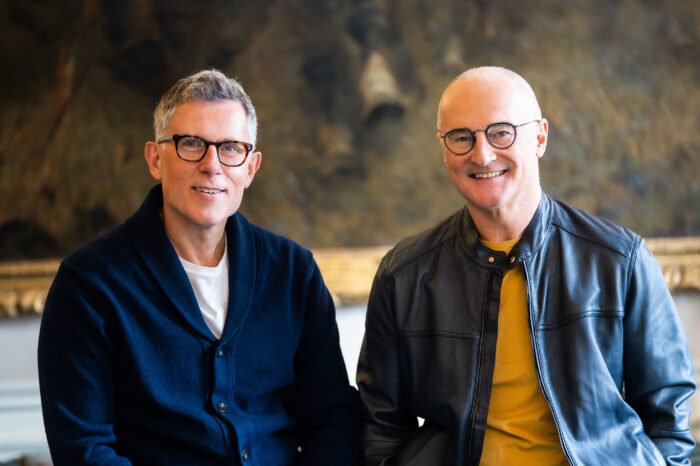How to create a competitive advantage

Working smart, learning and prioritising growth are not only vital for our personal development, but also for the businesses we lead. James Baker Duly, co-founder of Youpal explains that we need to develop new skills, acquire knowledge and gain expertise and provides insights here on his own company’s journey
Being curious in the pursuit of knowledge and connecting with like-minded colleagues who can play, learn and adapt are more important to our careers than ever before. We have come a long way since Kötler was the only reference point for marketing and business theories, and now we can also benefit from the inspirational work of new generational thinkers and doers, who have been paving the way for the new trends in business management that encourage the creation of a culture that positions both companies and their employees for success.
Two other fundamental driving factors to move businesses forward are finding the balance between work and play and connecting with peers who can inspire, challenge us, and with whom to have fun with. To be noted, it also helps to share similar tastes in top shelf whiskey!
Three friends and business partners managed to put those factors together and, what started as a game, ended up in the development of Amoeba, a customised customer management system that their company, Youpal is now offering to their clients.
How we created Youpal
In a rowdy bar in a town in Serbia, some colleagues were participating in a Drupal conference arguing over a solution that, little did they know, would become the process to a way of future thinking for their company. These are Karl, Ruben and James, owners of Youpal, a modern ICT company based out of Stockholm, Sweden.
The question was ‘how we as a company should not be dependent on legacy and create a methodology to adapt to future change? Most companies are constantly optimising their business on the one hand, but are trying to build future innovation on the other, this is what is called the world of duality and it can be very tricky to do simultaneously, as one will hold the other one back, due to priority, investment and people.
The argument at the time was that based on our experience, pretty much all companies we have worked with over two decades have accumulated many data silos, either internally or through mergers and acquisitions. Companies struggle to have access and insights over all data. If companies are preaching that they are customer-centric, how then can they fully practice this when they have a number of data silos? This is not only a data challenge, and a customer service challenge but can be a great operational expense running many of the same systems.
AmoebaCRM
So after a while, we used our empty glasses as the basis of our architecture. A number of glasses we represented as data repositories and the one large glass we had, we placed in the centre of all these smaller glasses. This big glass we decided was going to be central to all and it was going to be a fully-customisable API-first Open Source CRM that will provide integration with thousands of 3rd-party systems through an industry standard API allowing multiple ways of importing and exporting data.
Furthermore it can also serve as a middleware so you do not have to go through complex procedures to move all your data to a new platform. We decided to call this central glass AmoebaCRM, as it will behave pretty much like an Amoeba, having the ability to alter its shape by extending and retracting.
The Amoeba thinking triggered off an idea that we could extend this from a solution to a business model. How do we as a company achieve being a high performance agile company, with dynamic practices whilst having stable practices? The answer lies in being a highly automated data driven business. The data we accumulate, clean, organise and constantly learn from by building intelligence around, will help us achieve these practices. Not only can we then be quick to respond to global market change, but ensure our operations run effectively and have the ability to expand or contract to this change.
All of this of course is easier said than done. In practice, the greatest challenge is to create a flexible structure where one will not fall into a traditional bureaucratic legacy way of working, like a lot of companies struggle with. Another challenge is to ensure having the most effective processes, and ideally automated.
The benefits of being different
Since that night at the bar a few years ago, we have been continuously iterating and improving our AmoebaCRM solution and, most importantly, business model. We now have a
solution that helps companies gain better insights into their multitude of data silos, giving them the support to become more customer-centric. As for the work on our business model, the results we have achieved have helped us easily manage this Covid-19 impact.
Strangely enough, we are one of very few companies in the industry that is hiring people as we had prepared ourselves to predict and respond to global forces of change. So with committed leadership, dynamic and stable practices, we as a company can truly exploit the world of duality to optimally balance operations and future innovations, all due to a passionate group of entrepreneurs, a few empty glasses and the inspiration of an incredible organism that is an Amoeba.




